![]()
Apply the principles of CSR which the Audencia Faculty showcases in their research and teaching activities.
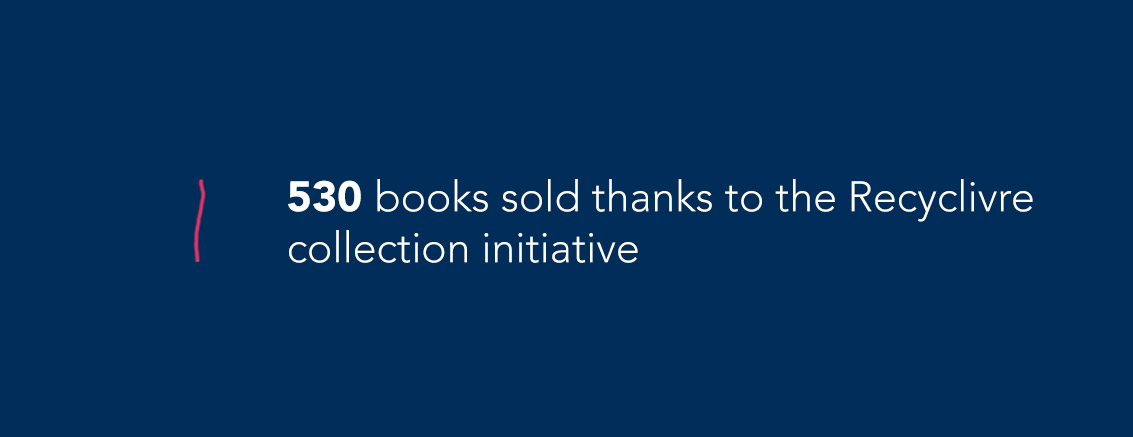
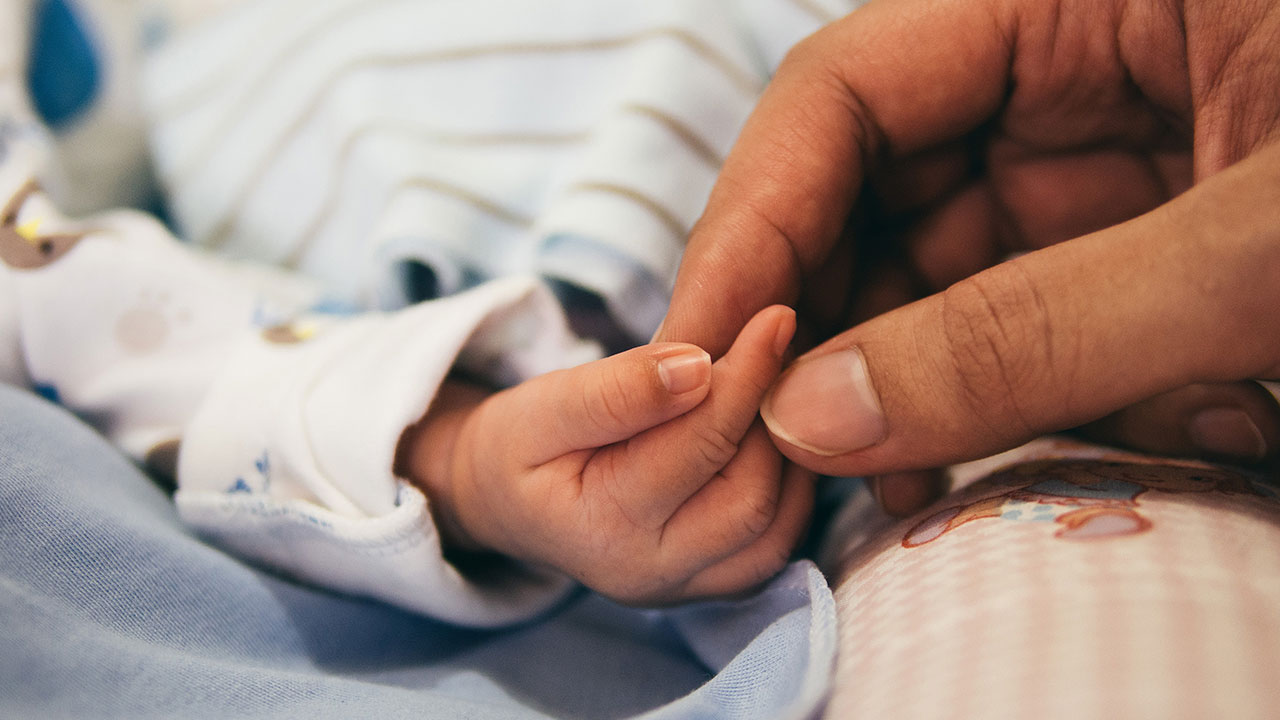
2018
Donating annual leave

— 2018
Donating annual leave
In line with its CSR commitments in the human resources field, Audencia has reached an agreement to implement its “Donate leave among colleagues” scheme, one of its flagship projects for 2018. Debated and negotiated with employee representatives, it was an integral part of 2017’s compulsory annual negotiations, and serves to illustrate the HR Department’s commitment to CSR. Inspired by the Mathys Law of 2014, this agreement enables employees faced with complex family situations (caring for a child due to illness, disability, or a serious accident) to be present for their child, while limiting financial impact.
The institution already offers a number of arrangements enabling an employee to stay home with an unwell child (paid “unwell child” leave of twelve days per year, or converted into leave in the annual bonus scheme), but wishes to go further with this agreement, which calls for employee solidarity internally. An employee finding themselves in such a situation can now request help from their colleagues through a “call for leave donation”. By donating one or more days of leave, each employee can now give their colleague the means to be absent, without losing any income, to stay home with their unwell child.
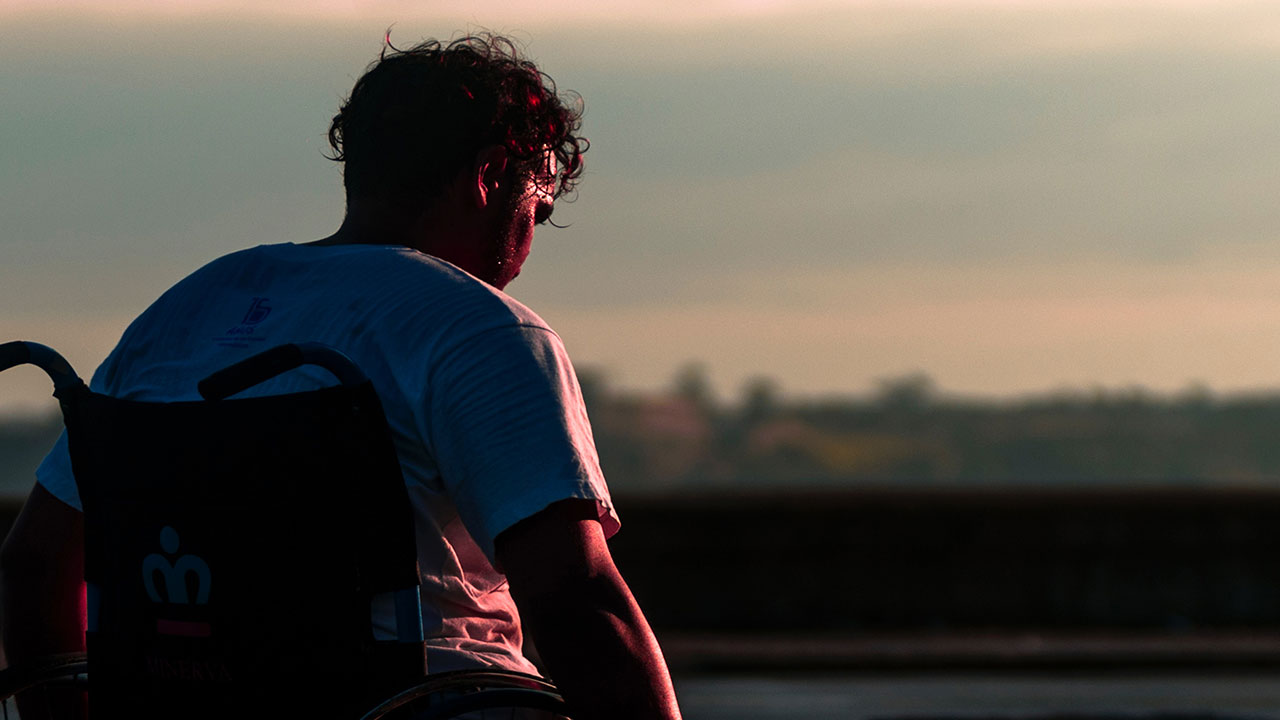
2018
Disability Project

— 2018
Disability Project
In 2014, in keeping with the values of innovation, cooperation, and responsibility behind every single one of its initiatives, Audencia decided to establish and implement a disability action plan. In particular, this plan focused on access to and retention of employment for workers with disabilities. The development of this action plan followed on from an expert disability diagnosis conducted at Audencia, and led by an external firm approved and co-financed by AGEFIPH. It helps to anchor acceptance of difference – our own and that of others – even more deeply in our institutional culture.
In 2018, Audencia decided to roll out this action plan to include students. An internal disability contact person was appointed and underwent training in order to help identify issues and facilitate the integration and wellbeing of students with disabilities. Audencia’s various departments are also involved in this process of inclusion, with a view to offer better opportunities to students with disabilities, to support them in their academic careers, as well as helping them build their professional careers.
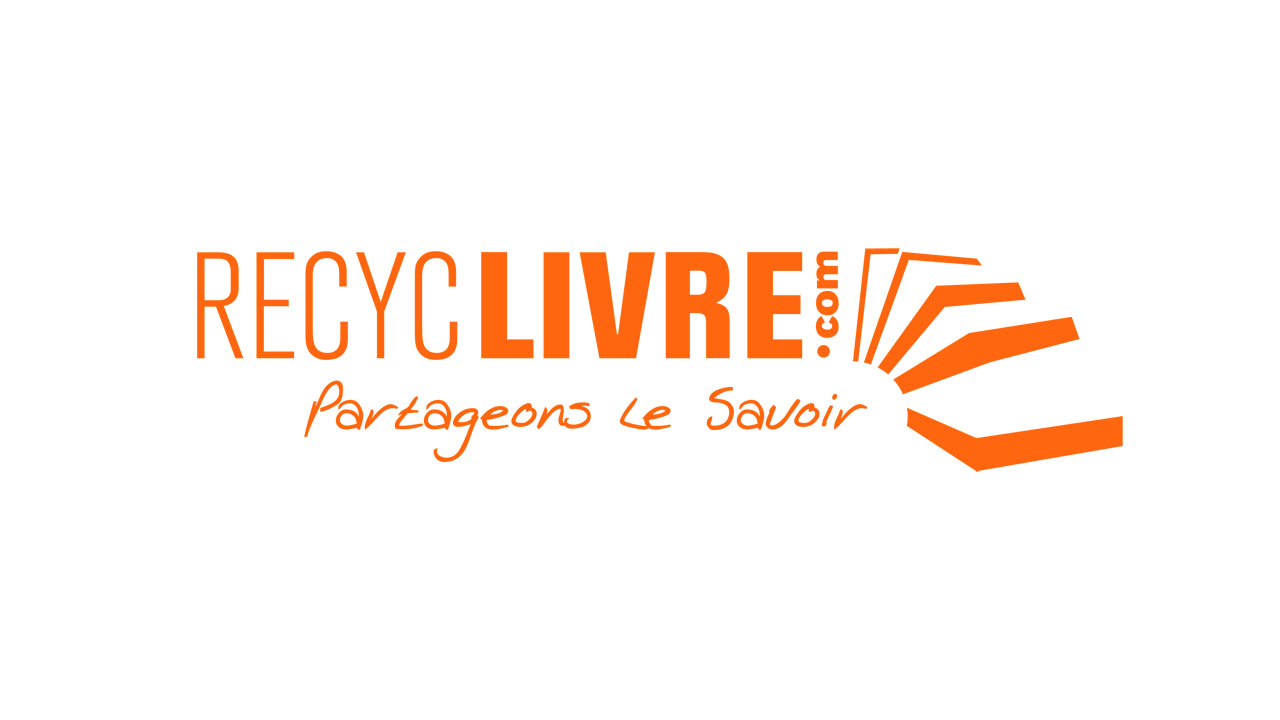
2018
From book to dance

— 2018
From book to dance
Since spring 2016, the multimedia library has been giving Recyclivre books collected during swap events, from “weeding”, or from employee donations.
Recyclivre is an eco-citizen second-hand book seller, which donates 10% of its net revenue to anti-illiteracy action associations and programmes, facilitating free access to culture for everyone. In 2018, the multimedia library chose the BRIO programme as beneficiary of the €583 collected.
In 2017, the initiative funded a dance course offered to year 13 BRIO students, as well as their student tutors and two voluntary community workers. Stemming from a partnership with Nantes National Choreographic Centre, the aim of this course was to introduce the secondary school students to contemporary dance, which is perfectly in keeping with the BRIO programme’s action points, including promoting cultural openness.
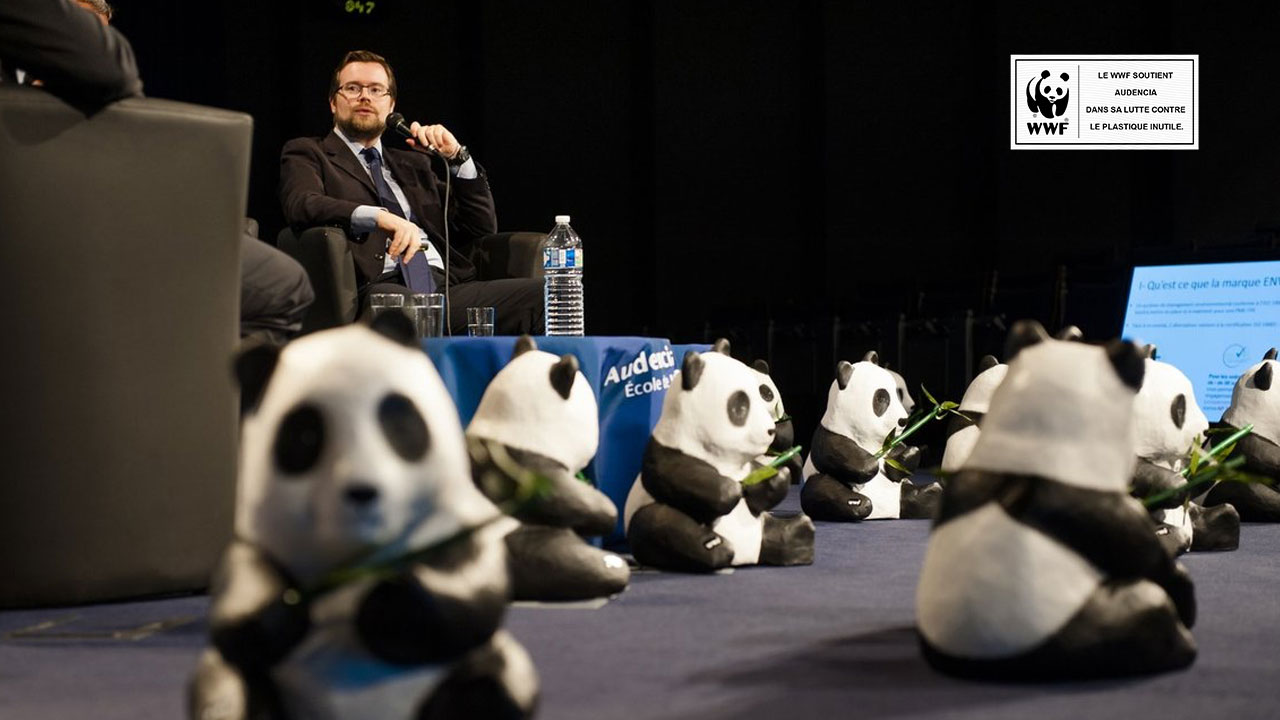
2019 Objective
Banning unnecessary plastics

— 2019 Objective
Banning unnecessary plastics
The only higher education establishment to have a partnership with WWF France since 2010, Audencia is committed, alongside the NGO, to implementing CSR into its programmes, and beyond that, to being an exemplary model for these practices on a day-to-day basis. Every year, a roadmap sets out the main priority areas for reducing the institution’s environmental impact.
In 2018, a key issue for our planet was chosen: plastic. The idea is to gradually eliminate all “unnecessary” plastics in the School over the course of the year.
The initiative will begin with employees and then students being given water bottles. Water fountains without cups will be fitted in various strategic spaces, enabling users to stay hydrated without polluting the environment. A deposit system for reusable cups and pitchers will also be implemented. The target objective: to eliminate plastic bottle use in the school. Straws will be banned and the selection of products for sale in vending machines and in the canteen will be vetted in order to identify their components and eradicate all unnecessary plastics. The results of this major project carried out for the planet will be revealed in the 2019 annual report!
